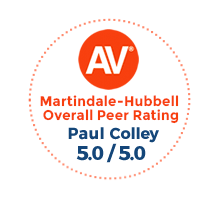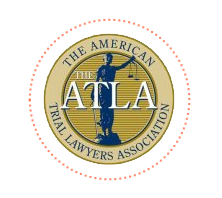Protecting Your IP: How to Get a Copyright
This is the Information Age. Each day, hundreds of thousands of users across dozens of social media and internet channels are exposed to an unprecedented wealth of information. Content -- whether it is in the form of text, music, images, or images -- is created, consumed, and shared at speeds never before seen in history. Consequently, content creators have become concerned about the rights and ownership of their creations, or intellectual property (IP). Intellectual property protection has been implemented in the United States to ensure artists retain their rights and ownership, thereby encouraging the continued generation of creative content. One of these protections is called a copyright.
A copyright, according to the U.S. Copyright Office, is "is a form of protection grounded in the U.S. Constitution and granted by law for original works of authorship fixed in a tangible medium of expression". It covers most forms of art, including literary works, musical productions, films, and similar mediums, and gives their creators exclusive executive and distributive rights. But how exactly do you "get" a copyright?
Acquiring a Copyright
Fortunately, acquiring this form of IP protection is easy. In fact, it is automatic for most forms of art. According to the U.S. Copyright Office "Copyright Basics", a copyright is automatically secured the moment you produce an original creation. For example, if you wrote a short story, it would be immediately protected under U.S. law as your own work of art, and nobody would be allowed to reproduce or distribute your short story without your permission. If it were created on or after January 1, 1978, then your automatic copyright will last your entire life, plus an additional 70 years.
While your work is automatically protected when it is created, sometimes it is difficult to prove your ownership, especially in legal scenarios. For added protection, you can register your content with the U.S. Copyright Office.
Registering a Copyright
Why should you go through the extra effort to get your work "registered" with the U.S. Copyright office? After all, copyrights are granted automatically. "Copyright Basics" lists a host of reasons on why you should officially register your content, some of which include the following:
- Your copyright is placed on an easily-accessible public record.
- The owner of registered works will be able to receive statutory damages and attorney's fee compensation after successful litigation.
- Registration protects against imported copies of the art that infringe on the owner's rights.
According to "Copyright Basics", a registration application contains three items: a completed application form, a filing fee, and a non-returnable "copy" of the art. You may send this in through regular mail, but the office recommends using their online system for registering copyrights, as it is faster and cheaper than the traditional method.
Copyright infringement is a serious issue that can result in devastating consequences. If you feel that your rights as an artist or content creator have been breached, contact Colley & Colley immediately. Our experienced attorneys will use their vast amounts of knowledge and experience to fight for the rights and compensation you deserve. To get started, contact a lawyer in Tyler, Texas today.















